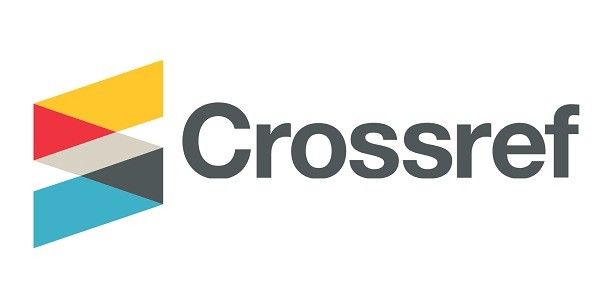Modeling the causal relationship between adaptive competence and metacognitive thinking abilities and students' competitive football behavior.
DOI:
https://doi.org/10.58305/ejsst.v14i50.441Keywords:
Causal modeling, adaptive competence, metacognitive thinking skills, competitive behavior, footballAbstract
The study aimed to identify the level of adaptive competence, metacognitive thinking skills, and competitive behavior in football for students. As well as identifying, through path analysis, the direct and indirect effects of adaptive competence and metacognitive thinking skills on students’ competitive behavior in football. The researchers used the descriptive approach in the style of survey studies and the causal relationships method to build a path analysis model. The research community included students of the first stage of morning study at the College of Physical Education and Sports Sciences / Al-Qasim Green University for the academic year (2023-2024). They numbered (190) students. (10) Students were randomly selected to conduct the exploratory experiment, (120) students were chosen to conduct the statistical analysis of the 3 scale items, and (60) students were chosen to conduct the main experiment. The researchers processed the data by using the statistical package. For Social Sciences (SPSS), twenty-fifth edition, and AMOS, twenty-fourth edition. The research confirms the validity of the causal model for path analysis, highlighting the importance of independent, mediating, and dependent variables, and the emergence of direct and indirect effects.










